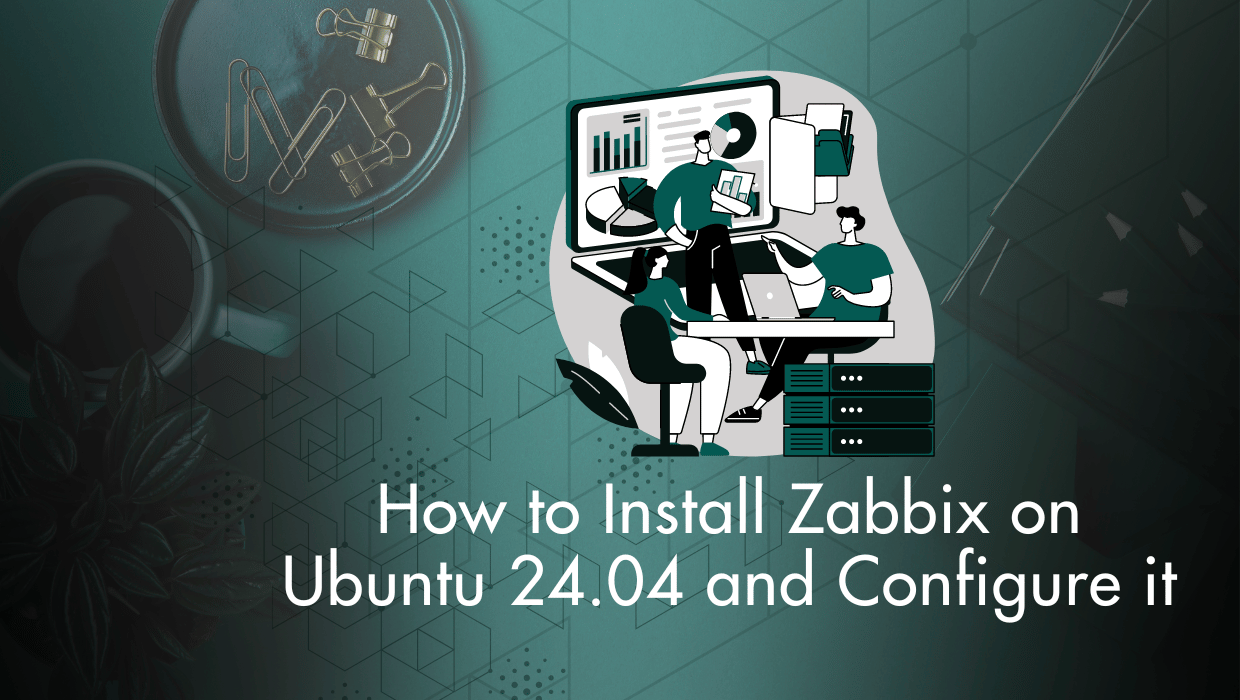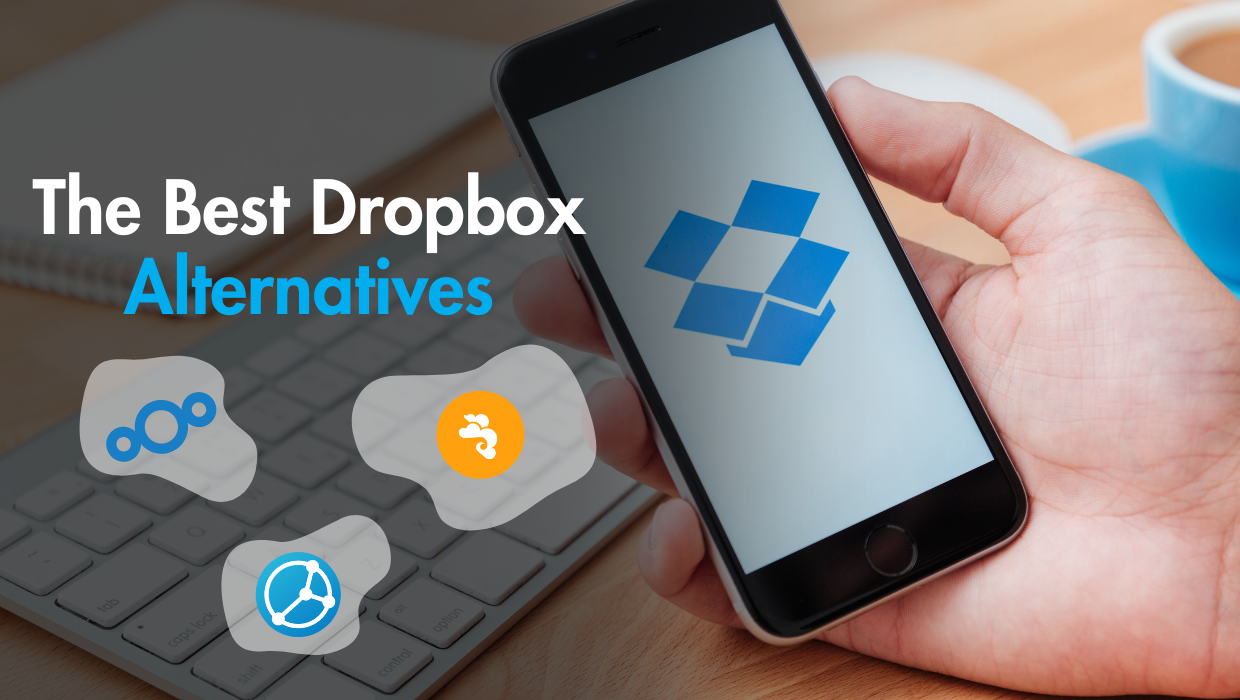In the following ultimate guide, we'll cover dozens of self-hosted alternatives to oftentimes expensive Software-as-a-Service (SaaS) web apps that you probably pay for on a monthly basis. By leveraging the power of your SSD Nodes VPS, you can run dozens of web apps and services for a fraction of the cost—you might even be able to completely negate the cost of your VPS. Plus, you get more customization and retain full control of your data.
All of these options are open source and free to use. A few have paid options for enterprises or those who need a managed experience or dedicated customer support, but there is always a free tier that you can download and install on your VPS.
If you're curious about what self-hosting is, be sure to check out our guide on the subject. For a comprehensive guide into creating your own self-hosting infrastructure, complete with HTTPS and the portability of Docker containers, read our definitive self-hosting handbook. This handbook
See the changelog at the bottom for more information about recent changes
[cta_inline]
Table of contents
- Instant messaging (Slack)
- File storage/synchronization (Dropbox)
- Blogs/content management systems
- Email (Gmail)
- Project management (Trello)
- Web analytics (Google Analtyics)
- Code repositories (GitHub)
- Calendars and contacts (Google Calendar/iCloud Calendar)
- Text/Markdown editors (Google Docs)
- Note-taking (Evernote)
- Backups
- RSS readers (Feedly)
- Bookmarking (Pocket/Instapaper)
- Commenting systems (Disqus)
- Time tracking (Harvest/Toggl)
Instant messaging
The most popular option in this category is Slack, although other systems like Google Hangouts and Skype could be replaced by these options.
Let's Chat: "Self-hosted chat app for small teams."
Mattermost: "Workplace messaging for web, PCs and phones. MIT-licensed. Hundreds of contributors. 11 languages. Secure, configurable, and scalable from teams to enterprise."
Rocket Chat: "The Ultimate Open Source Web Chat Platform."
Tox: "With the rise of government surveillance programs, Tox, a FOSS initiative, aims to be an easy to use, all-in-one communication platform that ensures full privacy and secure message delivery."
Zulip: "Zulip combines the immediacy of Slack with an email threading model. With Zulip, you can catch up on important conversations while ignoring irrelevant ones."
File storage/synchronization
Dropbox is the primary competitor in this space, followed by OneDrive, Google Drive, Box.com, and Sync.com.
Etherpad: "Etherpad is a highly customizable Open Source online editor providing collaborative editing in really real-time."
Nextcloud: "A safe home for all your data. Access, share and protect your files, calendars, contacts, communication & more at home and in your enterprise."
ownCloud: "A safe home for all your data. Access & share your files, calendars, contacts, mail & more from any device, on your terms."
Seafile: "Seafile is an open source, self-hosted file sync and share solution with high performance and reliability."
SparkleShare: "SparkleShare is a file sharing and collaboration app. It works just like Dropbox, and you can run it on your own server."
Syncthing: "Syncthing replaces proprietary sync and cloud services with something open, trustworthy and decentralized."
Blogs/content management systems
Self-hosted Wordpress, naturally, is already a leader in this space, but other popular options include Squarespace, Medium, and Tumblr.
Grav: "Modern, Crazy Fast, Ridiculously Easy and Amazingly Powerful Flat-File CMS."
Ghost: "Ghost is a fully open source, hackable platform for building and running a modern online publication."
Jekyll: "Jekyll is a blog-aware, static site generator in Ruby."
KeystoneJS: "KeystoneJS is a powerful Node.js content management system and web app framework built on express and mongoose."
Refinery CMS: "An extendable Ruby on Rails CMS that supports Rails 4.2+."
Self-hosted email is a difficult category
by subscribing to our newsletter.


